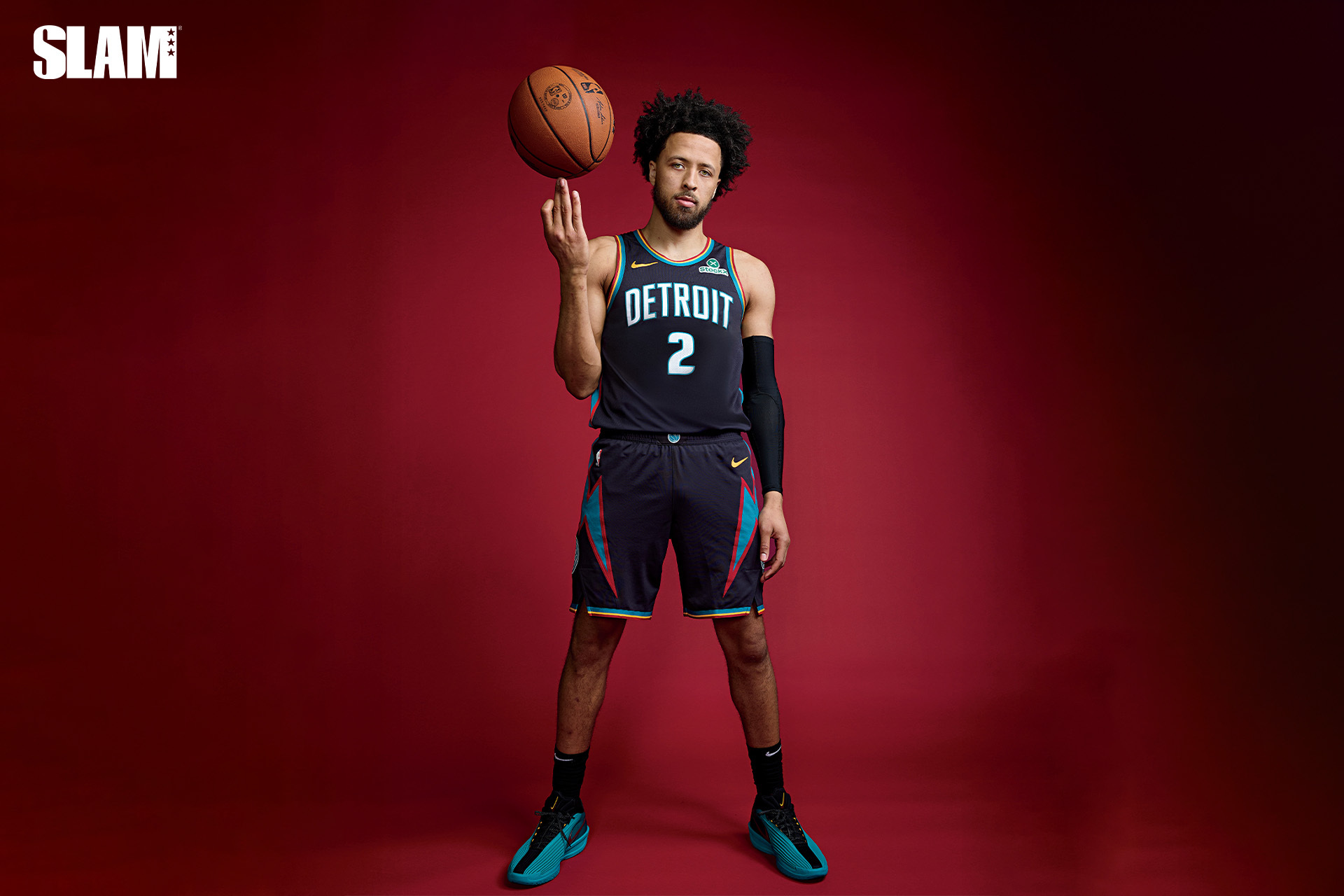Liverpool, which is this year hosting Eurovision on behalf of Ukraine, is among the most important cities in pop music history, and not just because it is the birthplace of the Beatles.
It is a port city, on the bank of the River Mersey estuary, and its unique mix of sounds comes from a flow of people over the centuries that has included seafarers and enslaved people, according to Paul Skillen, the author of “Scouse Pop” and a lecturer at the University of Chester. “It became a melting pot of cultures and musical influences, which made Liverpool different from all the other cities in the U.K.,” he said.
Merseybeat, a genre of music described as a British interpretation of American rock ‘n’ roll, emerged from Liverpool in the late 1950s and early 1960s. The Beatles and other local bands, like Gerry and the Pacemakers, were some of the most popular musical acts at that time, both in Britain and the United States.
Holly Tessler, a senior lecturer in music at the University of Liverpool, said the Merseybeat era was the first big arrival of British popular music. “It was the first time a city outside of London, certainly in the north, certainly in the working-class communities, had their own music, their own identity, their own sounds,” she said.
By the 1980s and amid economic depression across Britain, Liverpool was again bubbling over with a new sound, later known as new wave. “It was really something that was innovative and it was given the space to grow and develop outside the mainstream in London,” she said. Frankie Goes to Hollywood, a popular local band from that era known for the hits “Relax” and “Two Tribes,” reunited on Sunday for Eurovision’s opening ceremony.
In 2008, Liverpool was chosen as a European Capital of Culture, and seven years later, it was named a UNESCO City of Music, joining the ranks of Glasgow; Kingston, Jamaica; and Seville, Spain.
Liverpool’s appreciation for music is also apparent in its architecture. St. George’s Hall, a neoclassical concert hall in the heart of the city, was opened in the 1850s and is hosting a screening of the Eurovision final. The city features dozens more theaters, venues and clubs, including the Argyle Theatre, where Charlie Chaplin performed, and Eric’s Club, a venue that hosted punk bands.
The city’s welcoming spirit has been on display as Liverpool prepared to host Eurovision, which would have been held in Ukraine this year, were it not for the ongoing conflict there.
“In the past two weeks, everything has just blossomed overnight,” Tessler said. “We have Ukrainian flags and Ukrainian songbirds,” she added, referring to 12 large sculptures dotted around the city.
“It’s been really great to see it happen,” she said.




















 #12thfail #rohitshetty #srk
#12thfail #rohitshetty #srk
Discussion about this post